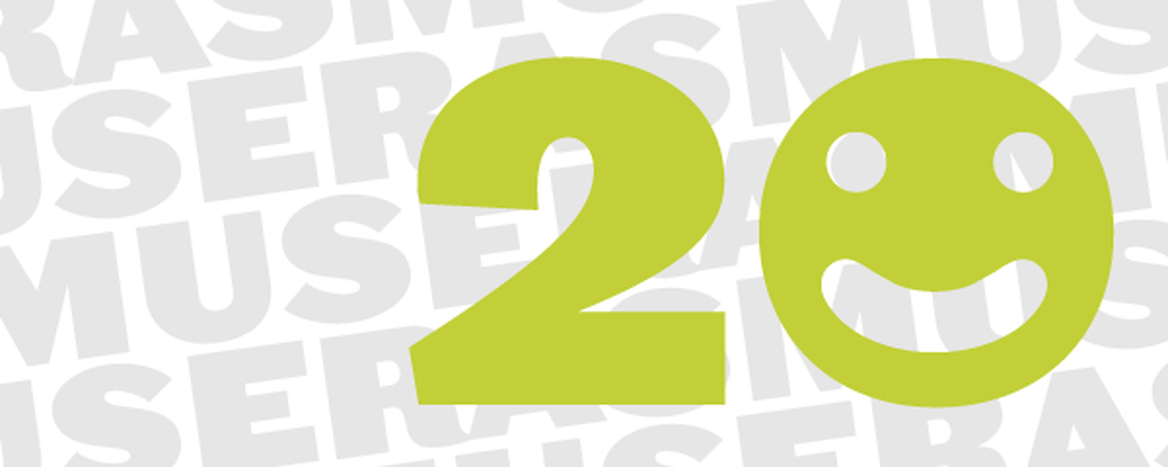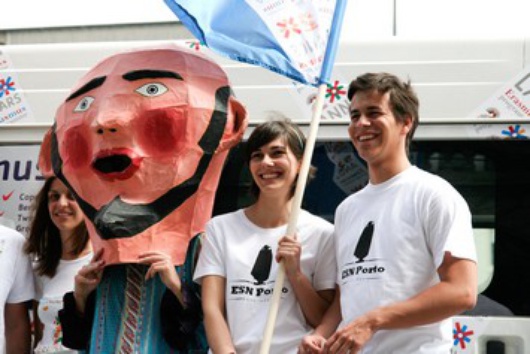
Erasmus: when she was twenty, she had plenty
Published on
Translation by:
Sarah TruesdaleThe landmark programme has enabled 1.5 million young people to study in Europe to date, launching them into a 100% ‘eurogeneration’ experience. First in a series of five: success statistics
It’s the beginning of the school year in 1987, and the first group of 3244 Erasmus students are gathering. The programme has just been adopted thanks to the activism of the European students forum (AEGEE), directed by one Franck Biancheri. The then-27-year-old proposes the idea for the Erasmus project.
Barroso explodes
French president, François Mitterand, is convinced. He brings the idea before the European institutions. He even goes so far as to declare that he considers it ‘unacceptable that we cannot find a few million euros for the programme, when we are spending billions on agriculture.’
 For the twentieth anniversary of the programme in 2007, a survey showed that 1.5 million young people have already benefited from participating in Erasmus. A further 150, 000 new students take off each year. The programme has received a lot of praise: ‘Erasmus is the symbol of what Europe does best. A concrete Europe, a Europe that achieves results,’ said the president of the European commission, José Manuel Barroso, on 6 December 2006. The European Union has high ambitions for the future of its darling. In the 2007/ 2012 period, the goal is to have 1.5 million students participate (as many as in the previous twenty years). 3.1 billion euros have been made available to achieve this.
For the twentieth anniversary of the programme in 2007, a survey showed that 1.5 million young people have already benefited from participating in Erasmus. A further 150, 000 new students take off each year. The programme has received a lot of praise: ‘Erasmus is the symbol of what Europe does best. A concrete Europe, a Europe that achieves results,’ said the president of the European commission, José Manuel Barroso, on 6 December 2006. The European Union has high ambitions for the future of its darling. In the 2007/ 2012 period, the goal is to have 1.5 million students participate (as many as in the previous twenty years). 3.1 billion euros have been made available to achieve this.
A bit of modesty, please
However, the real success of this programme must be put into perspective. Only 1% of the student population goes on an Erasmus trip, which is a low figure. For the 2000/ 2006 period, 9, 30 million euros were put aside for the programme, with an average monthly grant of up to 150 euros (£126) per student.
Only 1% of the student population goes on Erasmus
Yet this amount has not increased since 1993, and does not take into account the increase in cost of living, accommodation and especially the differences in the standard of living between different countries.
Watch this space for the second part in our five-part series on 21 November - a young German in Madrid
Translated from Erasmus : 20 ans et toutes ses dents



